By An Yingzhao from CNS
(CNS)-- At the end of 1918, scholar Liang Ji asked his son Liang Shuming, "Has Man a Future?" Liang Shuming replied, "I believe the world is getting better day by day." Three days later, Liang Ji threw himself into a lake, and nearly the entire 20th century following had been witnessing turmoil and great changes in China and the world.
Today, more than a hundred years later, the once-in-a-century epidemic encountered with great changes, and the conflict between Russia and Ukraine has dragged Asia and Europe to the brink of turmoil. "Has Man a Future?" has once again become the question of the times.
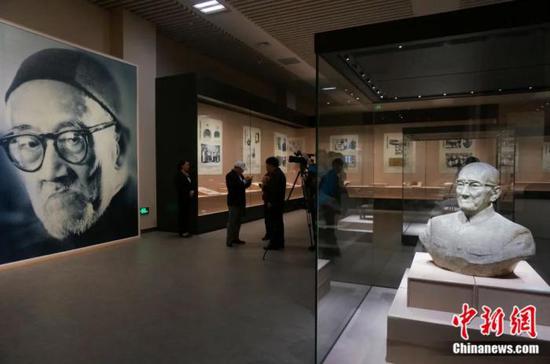
Photo exhibition of the life of Mr. Liang Shumin in Guilin, South China's Guangxi Zhuang Autonomous Region (Photo: Ou Huilan/China News Service)
"Pushed by the modern progress and moral influence of Chinese civilization, the world can get better." Mr. Cheng Zhongying, an internationally renowned philosopher of nearly ninety years old, a representative of the "third-generation Neo-Confucianism" and a tenured professor of philosophy at the University of Hawaii, pointed out in an exclusive interview "W.E. Talk" with China News Service that China pursues the "benevolence" of Confucianism, the "way of nature" of Taoism and the "faith" of Legalism, which can produce considerable influence and transformative power on the prosperity and development of the world. The world would obviously be better off that way.
Here are excerpts from the interview:
CNS: What do you think about the "Liang Shuming's question" more than 100 years ago? Do you think the world will be better considering the complicated and changing international situation today? Why?
Cheng Zhongying: Liang Shuming became exposed to Western culture during the May Fourth Period. In his book the Eastern and Western Cultures and Their Philosophies, he wrote that there are three attitudes of life, which constitute three human cultures, namely, Western culture, Chinese culture and Indian culture. The first attitude of life is to cast the wills of life into the future and try to satisfy them, thus establishing science and democracy. The science and democracy can lead to an open society in the future, which is the intention of the Western culture, while the Chinese culture, on the other hand, is dedicated to adjusting its own intentions, changing itself to fit its environment, in order to achieve a peaceful life goal and to be content with the status quo, without seeking changes. Indian culture is the "last way out" for humans and aims to eliminate human intentions at all. Therefore, there is no need to design the future, nor to deliberately adapt to the environment, but to abolish one's own intentions and return to an original life of tranquility forever. Based on this theory, Liang Shuming's answer to his father, Liang Ji, was obviously that the Chinese cannot follow the path of India but need to learn from the West and face the future life. His statement that "the world is getting better day by day" has a theoretical basis.
But this answer was only a despair to Liang Ji. He saw the powerful culture of the West, yet had no idea when China would regain its old glory. Life at the time was mere subsistence without any meaning. What he saw was that China had to give up both the future and the present, so it might as well choose to take the "Indian way" immediately to eliminate some of his possible hopes. Therefore, after listening to Liang Shuming's opinion, Liang Ji decided to commit suicide. This showed that he had already thought deeply about the issue and agreed with his son's view, except that he had no interest in waiting for that future day.
Unlike his father, Liang Shuming recognized the value of Chinese culture itself, which could bring into play the future spirit of the Western while retaining a deep inner transcendental state of mind that is inspiring. Furthermore, Liang Shuming had a profound understanding of Confucianism. He saw the resilience and potential of Confucianism and Chinese culture, so he was convinced that the future could be better, as long as efforts would be paid, achievements would be gained.
Has Man a Future? I think the answer is yes in essence. Because the world itself and human beings are existing as one, and there is also a natural and real connection between human beings. The problem comes from the defects of human beings themselves. People create their own problems because of their inability to know themselves and each other, and in particular their irrational "fear of others" and the habits formed by some historical misconceptions. The world therefore cannot be automatically better but needs the joint efforts of people
And we cannot put the blame for the change to the worse entirely in one aspect. Indeed, it is a historical fact that Western people loved wars and were selfish and aggressive. As far as the Chinese are concerned, it is up to us to develop the ability to dissipate the Western attitude of bravado and selfishness. Once this understanding is established, the world will change for the better. Once this understanding is eliminated, the West may also turn their back, not only destroying the environment, but also making each other enemies and maiming lives. Therefore, even there is a better development, we should also be careful of its sustainability and take a long-term view to prevent sudden changes.
Of course, seen from the current situation, the 21st century has not been in peace for more than 20 years from its beginning to now. First of all it is the era of China's renaissance, but also the era of Western discontent with China. China's success has intensified Western suspicion and hostility, creating a threat to China's reunification. In fact, the reunification of China will not necessarily bring harm to them, but rather many expected benefits. However, the Westerners' own lack of self-confidence contributed to a negative attitude toward China. This is the misfortune of the West, the world, and of course the Chinese, as this attitude also affects the survival, peace and development of the Chinese people, and at the same time deprives China to some extent of the opportunity to contribute more to the world. Only if China continues to grow stronger and the people become stronger in cultural mentality, will it be possible to relieve the anxiety and suspicion of the West, and thus to facilitate the active construction of the world, the active exploration into the cosmic space, and the contribution to the long-term happiness of humanity
As an ancient country at the forefront of the times, China is able to be self-sufficient and has more than enough power to defend the weaker nations. Supported by the "benevolence" of Confucianism, the "way of nature" of Taoism, and the "faith" of Legalism, China can exert considerable influence and transformative power on the world's prosperity. Such a world would obviously be a better place. However, the 20th century has witnessed painful lessons, which reminds China to be alert to the fact that this world is full of risks. China has to get ready to face its sudden changes and play the powerful balancing role that one can expect and rely on. With the modern progress and moral influence of Chinese civilization, this world can get better.
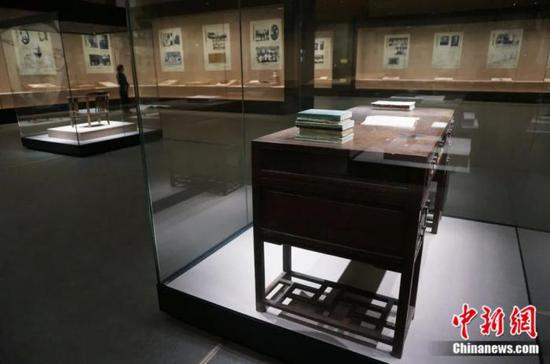
A hardwood writing desk that Liang Shuming once used. (Photo: Ou Huilan/China News Service)
CNS: The human society is facing the resurgence of traditional security threats, such as the Russia-Ukraine conflict, and the rise of non-traditional security threats, such as epidemics and extreme weather. What lessons do you think Chinese civilization can provide for human development against challenges?
Cheng Zhongying: In the face of various changes and the epidemic, Chinese people have the ability to prevent and solve problems, to cope with any natural events that have occurred with composure, and to get out of trouble. This strong, rational and balanced mindset has been a special characteristic of China as an ancient country.
Seen from the view of national security, the Russian-Ukrainian conflict affects China in many ways, but the Chinese remain rational and look at the issue from the perspective of national justice and world peace. China does not support Russia's war effort because of the special friendship with it, but only hopes that Russia and Ukraine will solve the problem peacefully, taking into account the overall situation and seeking a compromised way. China is providing some stability to the world. As for the epidemic, China remains by far the world's model for solving epidemic problems. This is because of the philosophical thinking of Chinese people. They always look at the overall and long-term interests and will not ignore fundamental issues when urged by the current needs. This is the wisdom in Chinese history and culture, and the once-for-all management way implied in Chinese philosophy. It is worthwhile to exchange the momentary toiling for long-term happiness.
This attitude can also be applied to dealing with natural disasters, i.e., valuing the lessons of the past to find more effective methods of governance. There are many examples of natural disasters in the history of China, but in the end, the wisdom to success has been gained from learning from experience. With rich strategic thinking and strong will in Chinese traditions, all difficulties of the times can be overcome. It can be said that there has been a set of systematic solutions to problems.
More importantly, there is a strong ability to deal with change calmly without fear in Chinese civilization. In the traditional culture, Chinese people value the sense of responsibility, and in actual disasters, they often show strong will and the spirit of teamwork, thus to achieve the goal of eliminating difficulties by constant struggles. Therefore, whether it is a natural disaster or humanistic crisis, Chinese people are always able to learn from the past and face the future with indomitable determination. Recognizing this spirit, one should have great confidence in China's ability to cope with changes. Of course, China also needs to offer help and care for the world for the common future of humanity. What is valuable is that China treats all peoples of the world as equals. Whatever the disaster is, China has the ability to proactively engage in governance actions that link the world together as a community of life and work to eliminate racial discrimination and racial conflicts. Chinese people are charitable and will benefit the world once they become affluent, and create the happiness of human coexistence in the spirit of equality. This has always been the original intention of Confucianism as reflected in the classical writings of Confucianism throughout the ages.
CNS: Chinese civilization is the only ancient civilization in the world that has survived in a state form without interruption. What role do you think the excellent Chinese traditional culture will play in the process of reviving Chinese civilization?
Cheng Zhongying: Chinese civilization is indeed the only civilization in the world that has survived in a state form from ancient times to the present. This indicates the fact that since the Yellow Emperor unified the Central Plains 5,000 years ago, it was natural and necessary for the Chinese people to develop a state system in order to maintain unity and develop civilization. One of the most important values of Chinese civilization is the unification of nations and the continuous development of civilization. What we must consider is whether this state form of civilization has changed in the past, and how the mechanisms of this state form can be maintained and adjusted in a modern world. This, of course, requires the combination of form and content. Only if the content and form are closely fitted to each other can we have a strong ability to survive and to face the challenges of the times, solve the problems of the times, and integrate the characteristics of the times into the unity of civilization values and the state form. This is a question worthy of deep consideration.
While Chinese civilization is reviving, we must attach great importance to the way of wisdom in traditional culture. This is well illustrated in the Book of Changes and the Book of History (Shangshu), and the main point is to be vigorous and self-reliant, and to be generous in virtue, that is, to be strict in teaching and educating the people about the importance of virtue in practice. What is more, the people's wisdom must be collected to create a policy of virtue and righteousness and a form of life in which authority and democracy coexist. Neither rule by law nor rule by virtue should be neglected, which may be an issue that must be considered as the state form of China is a method of unification. As Confucius said, "When people are managed by powerful means and legal prohibitions and restrained by criminal laws, they can be spared from punishment for crimes, but they have no sense of integrity; when people are guided by morality and their words and actions are regulated by rituals, not only do they know right from wrong, but they will also emulate what is good from their hearts".
The traditional historical experience and the moral lessons from Confucianism are of great significance for the revival of Chinese civilization. Here, however, the uniformity of national development must be a major consideration. For a more general and broad understanding of the conditions for cultural revival, we must keep firm on traditional historical experience, in addition to cultural morality and political wisdom, especially reasoned understanding and careful analysis. The Confucianism places emphasis on morality and propriety and therefore which require more attention. The lessons of history and the teaching of morality, the rational enlightenment and the promotion and deepening of edification, which are also inescapable basic requirements, and the successful reform experience of the West, all can be included for reference. (End)
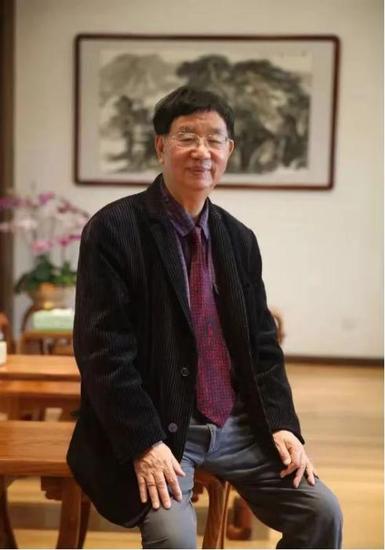
The interview record was first published on October 10, 2022 by China News Service.











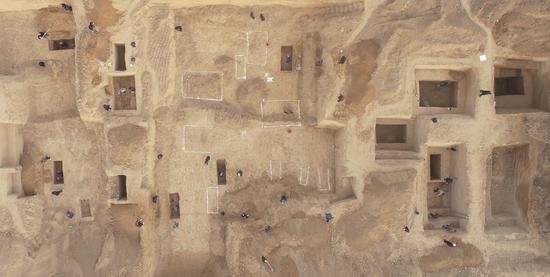

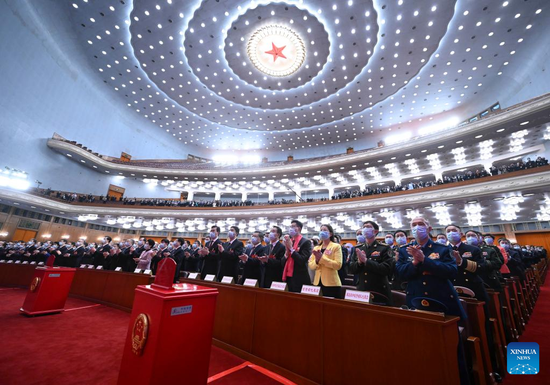
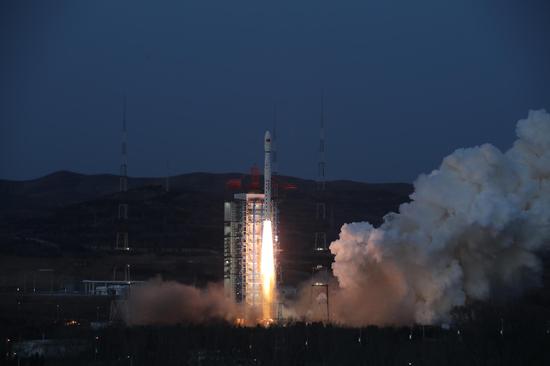

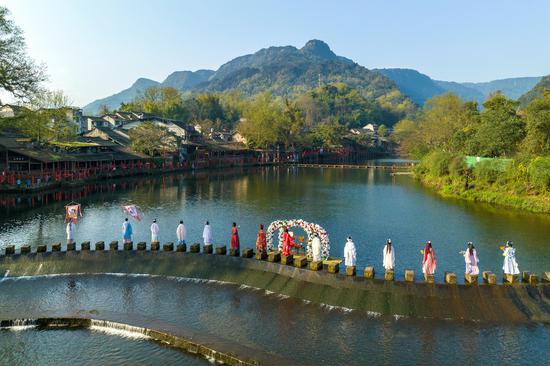
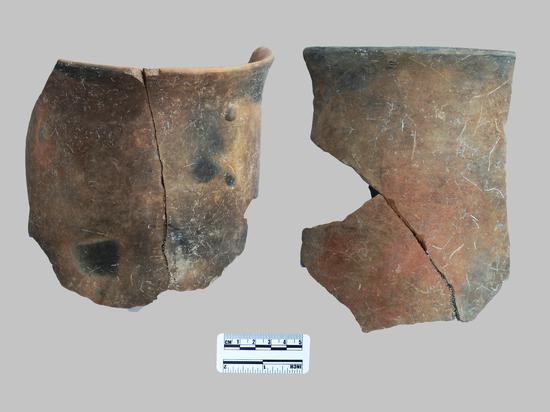
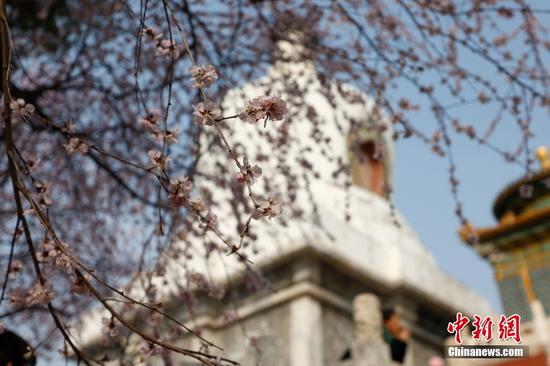
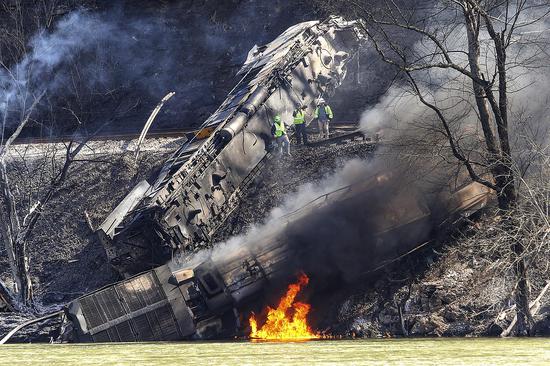


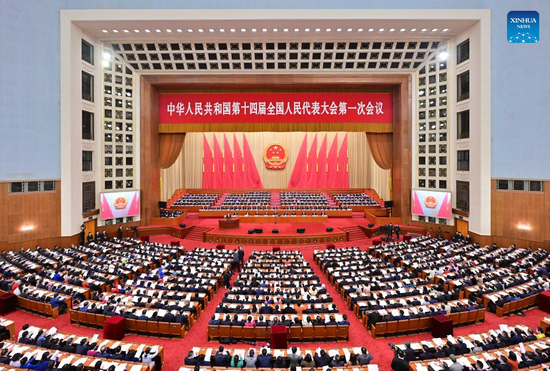
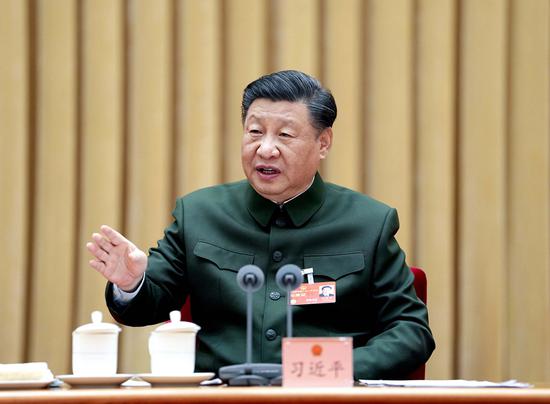




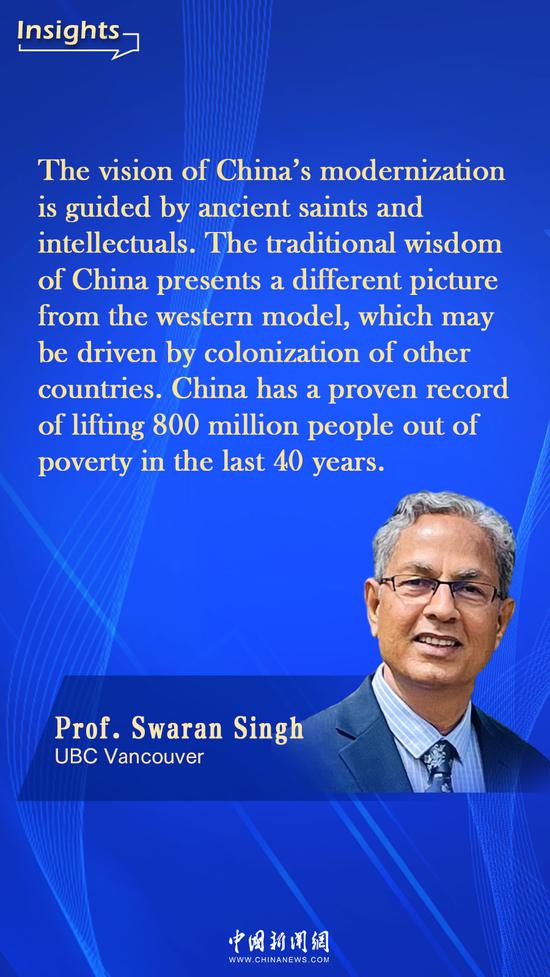
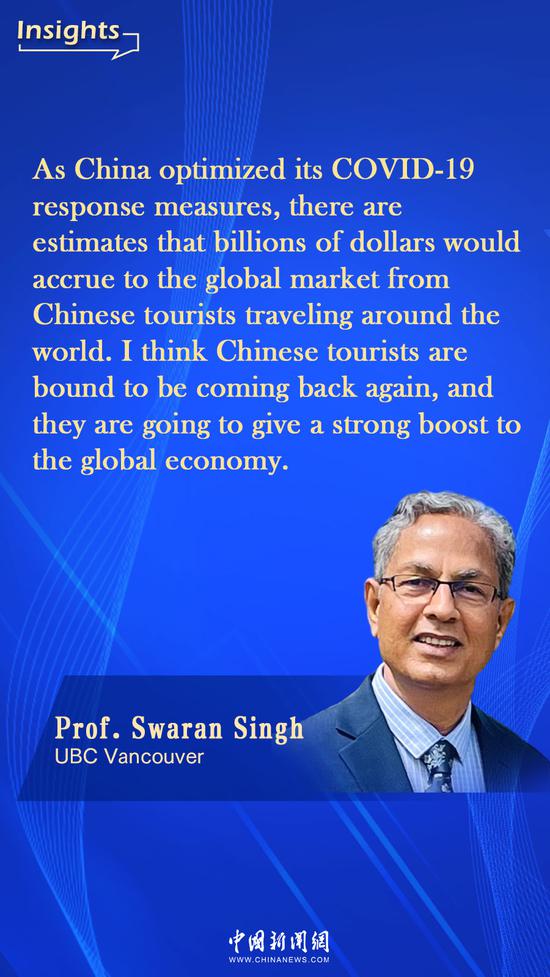


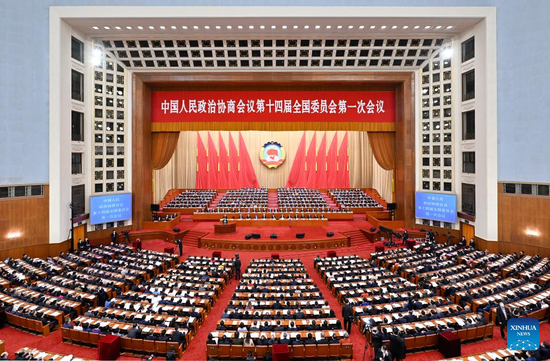
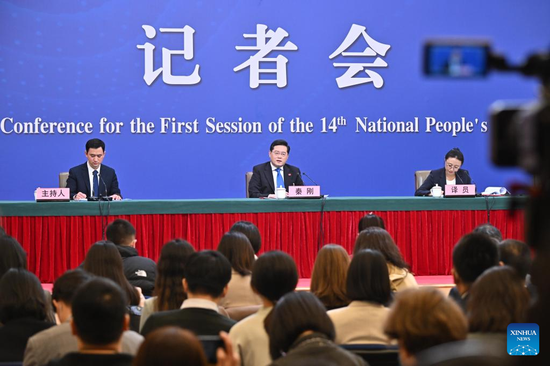
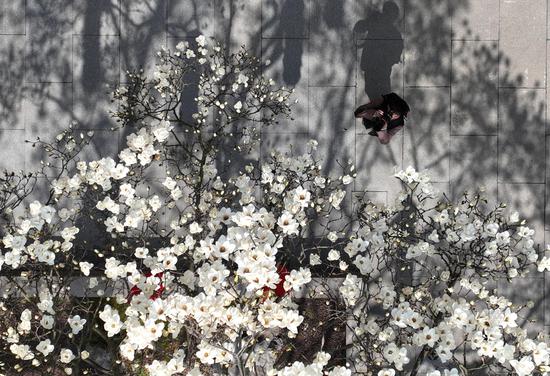
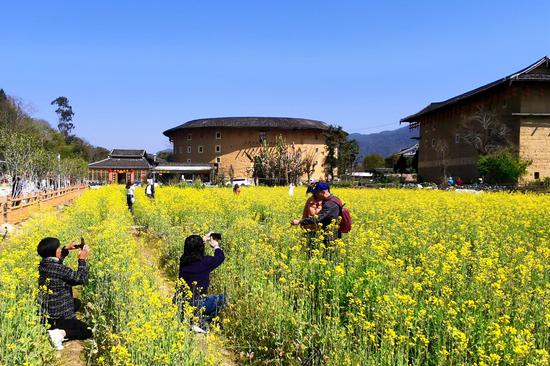
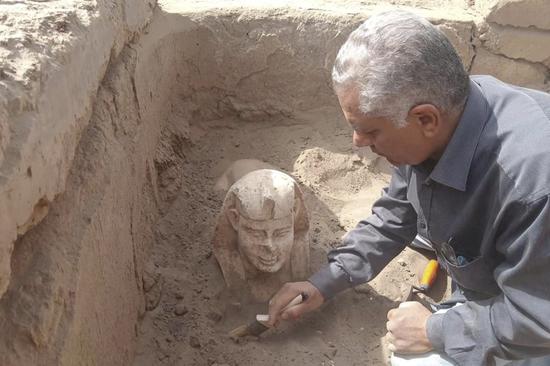
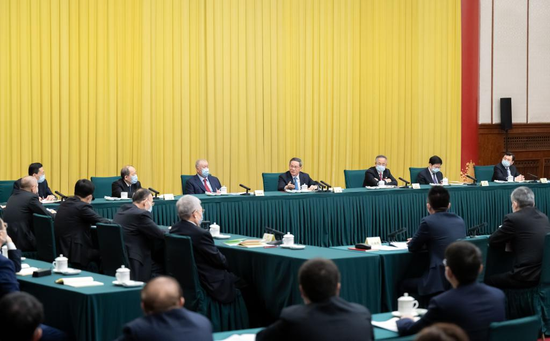
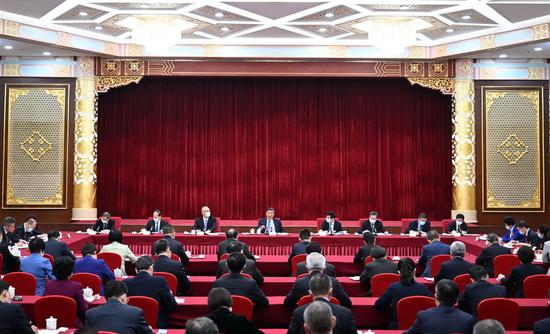
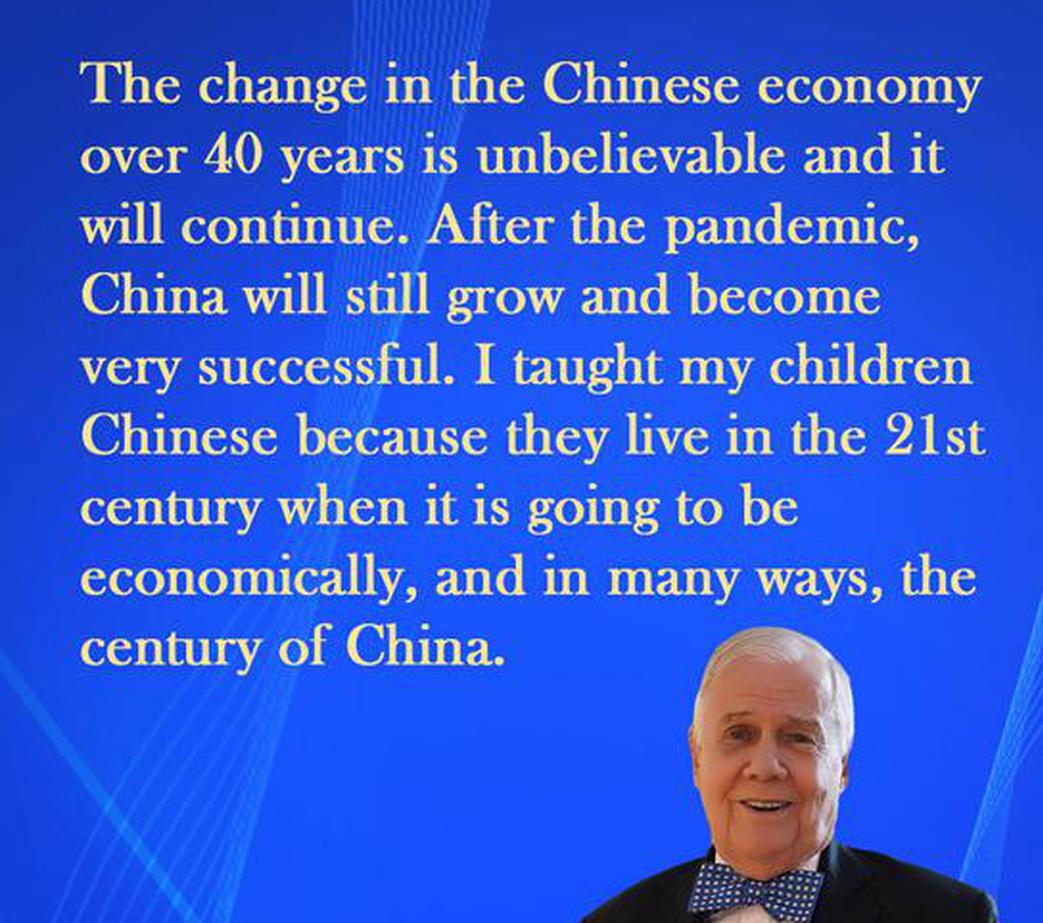
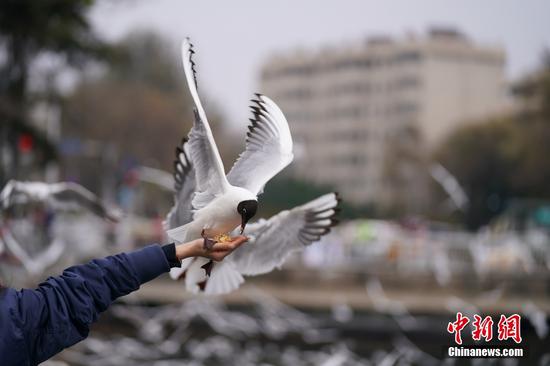

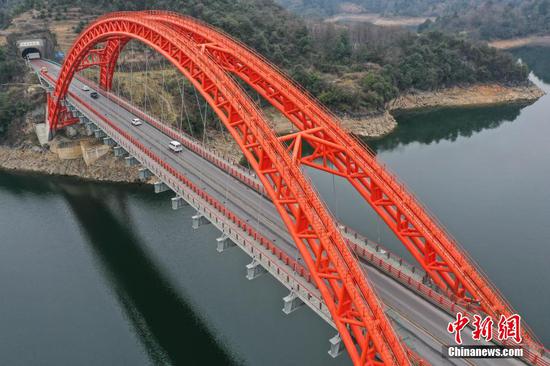






 京公网安备 11010202009201号
京公网安备 11010202009201号